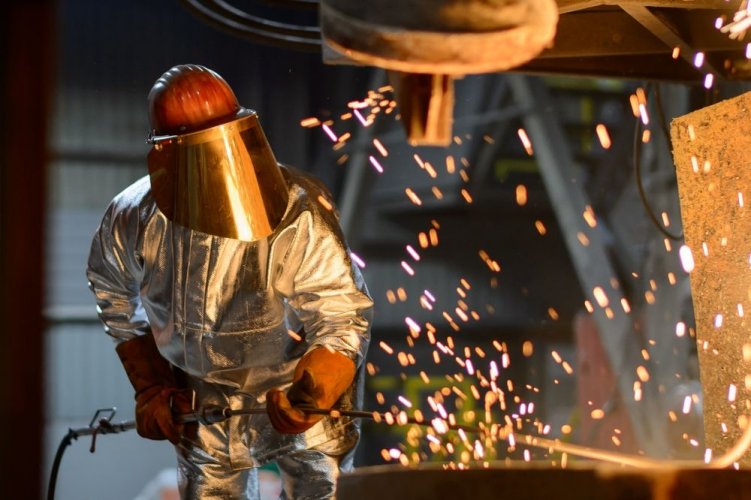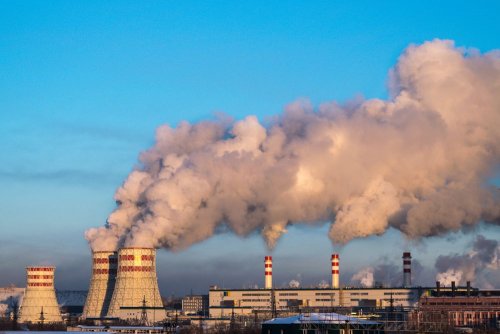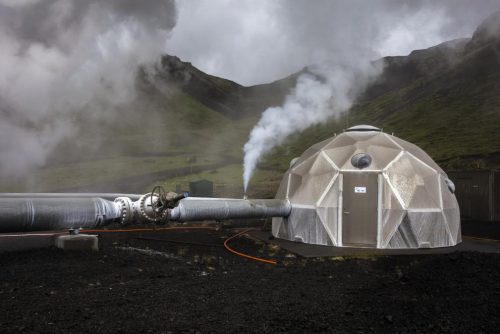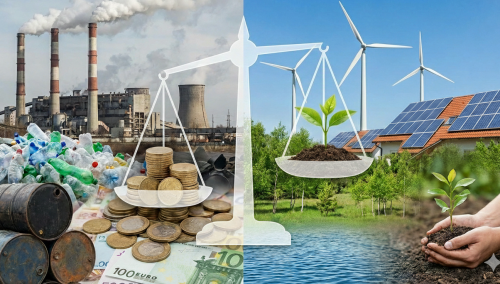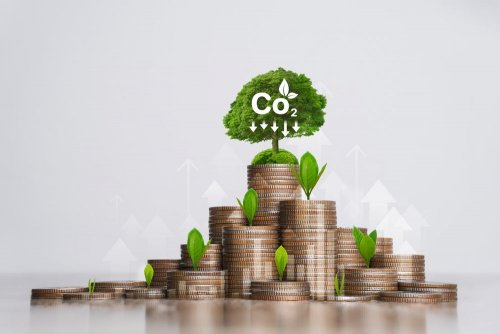The company Emirates Steel Arkan (UAE) jointly with ITOCHU and JFE Steel (Japan) are considering the possibility of building a plant for the production of low-carbon ferrous steel raw materials in Abu Dhabi.
They plan to produce pig iron using an advanced decarbonization process and using RES and green hydrogen, reports Steel Times International.
The companies will work on a feasibility study for the establishment of a metallurgical center for the production of ferrous metals at the project site in Abu Dhabi to meet the growing demand for environmentally friendly steel.
The material explained that black raw materials will be produced using an improved decarbonization process using natural gas to recover iron ore. The project also provides for the use of renewable energy sources, as well as green hydrogen for the recovery process.
"We are proud to lead steel producers in the Middle East in their efforts to decarbonize amid the intensifying global drive to reduce CO2 emissions, and our collaboration with ITOCHU and JFE Steel is the first of its kind in the region," said Saeed Ghumran Al Remeiti, CEO Emirates Steel Arkan group.
He also added that about 80% of carbon emissions during steel production are caused by the use of coke in blast furnaces during the iron ore recovery process. However, Emirates Steel Arkan's carbon footprint is already significantly lower than its global counterparts, thanks to the use of natural gas and advanced direct iron recovery technologies.
"The use of hydrogen can make our high-quality and durable steel products even more environmentally friendly and support the sustainability of our customers," said Al Remeiti.
Jun Inomata, Chief Operating Officer of ITOCHU Corporation's Metals and Mineral Resources Division, said that the goal of the project is to create low-carbon iron supply chain, reducing the carbon footprint and promoting the "greening" of the global steel industry.
"In this project, ITOCHU will be responsible for the supply of high-quality iron ore through a network built up by trading and investment activities over decades, Emirates Steel Arkan will use the experience of successfully operating a direct reduction plant with carbon capture, utilization and storage "CCUS", which is a leader in carbon capture, and JFE Steel will use the black raw materials produced within the framework of this project as a raw material for steel production and contribute to the reduction of CO2 emissions," he emphasized.
Earlier, EcoPolitic wrote, that Australia invented the 100 percent renewable carbon material BIOCARBON, which can directly replace fossil carbon in steel production in electric arc furnaces for decarbonization of the steel industry.
As EcoPolitic previously reported, the Austrian steel company Voestalpine shipped to customers from its metallurgical plant in Linz the first batch of low-carbon steel coils, made by greentec Steel Edition technology.

